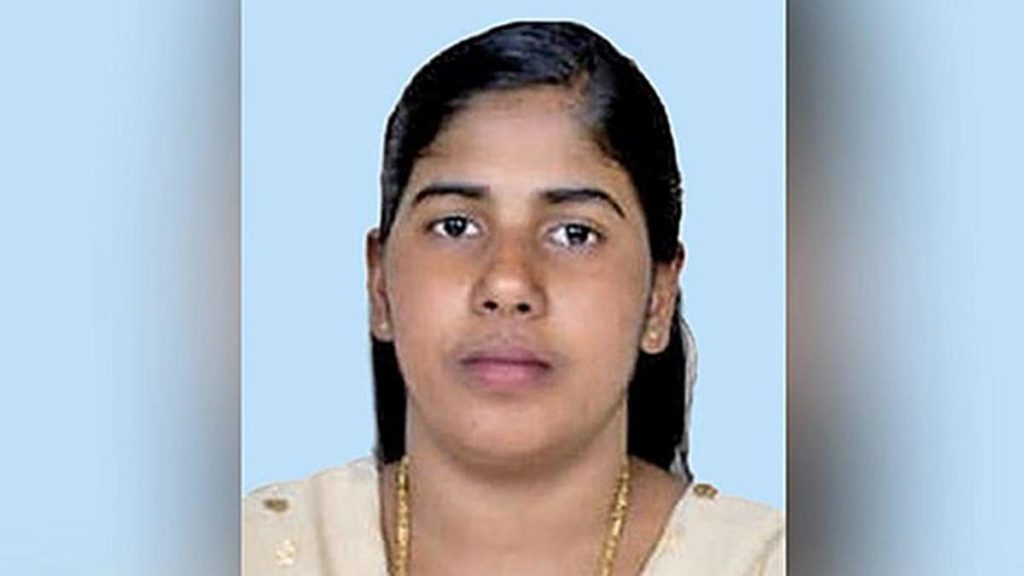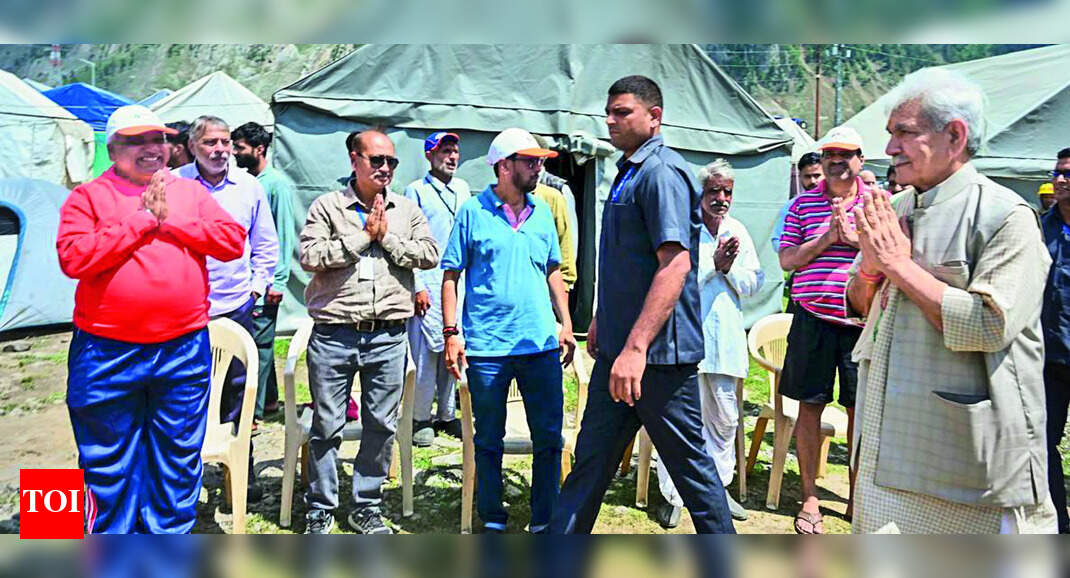Now Reading: Edappadi Palaniswami: Tamil Nadu Wants Single-Party Rule in 2026
-
01
Edappadi Palaniswami: Tamil Nadu Wants Single-Party Rule in 2026
Edappadi Palaniswami: Tamil Nadu Wants Single-Party Rule in 2026
Quick Summary
- Union Home Minister Amit Shah indicated the BJP-AIADMK alliance would form a coalition government in Tamil Nadu after the 2026 Assembly elections.
- AIADMK General Secretary Edappadi K. Palaniswami stated that Tamil Nadu voters prefer single-party rule and expressed confidence that AIADMK will win with an absolute majority.
- Mr.Palaniswami dismissed coalition claims by BJP as motivational rhetoric for their cadres and assured that the AIADMK-BJP alliance remains intact.
- He extended invitations to like-minded parties, including actor Vijay’s Tamilaga Vettri kazhagam (TVK) and Naam Tamilar katchi led by Seeman, to join forces against DMK.
- Contradictions within DMK’s alliances were noted, with allies demanding more seats or power sharing ahead of elections and public criticism of unfulfilled manifesto promises.
- During his ongoing statewide roadshow, Mr. Palaniswami reported positive public reception while criticizing Chief Minister M.K.Stalin for failing to address people’s concerns under his “Dravidian model” government.
- ED raids on ruling politicians drew sharp remarks from Mr. Palaniswami about corruption allegedly permeating DMK leadership.
Indian Opinion Analysis
Mr. Edappadi K. Palaniswami’s assertions reflect tension between customary single-party governance norms in Tamil Nadu and emerging coalitional dynamics within alliances like AIADMK-BJP driven by national political ambitions. His claim of unwavering grassroots support contrasts sharply with critiques directed at ruling DMK policies under M.K. Stalin,opening discussions on governance quality amidst alleged contradictions within opposing camps.
The invitation extended to smaller regional players highlights evolving realpolitik as identity-based parties increasingly position themselves for negotiation leverage pre-election-a strategic but uncertain pursuit given ideological divides with BJP partners.
Any potential fissures among or consolidation between major fronts during upcoming months may reshape discourse around voter sentiment towards anti-incumbency (DMK) versus stable leadership appeals (AIADMK). This evolving landscape underscores electoral importance but leaves critical questions unanswered about coalition feasibility versus political traditions dominating state preferences long-term.Read more
























